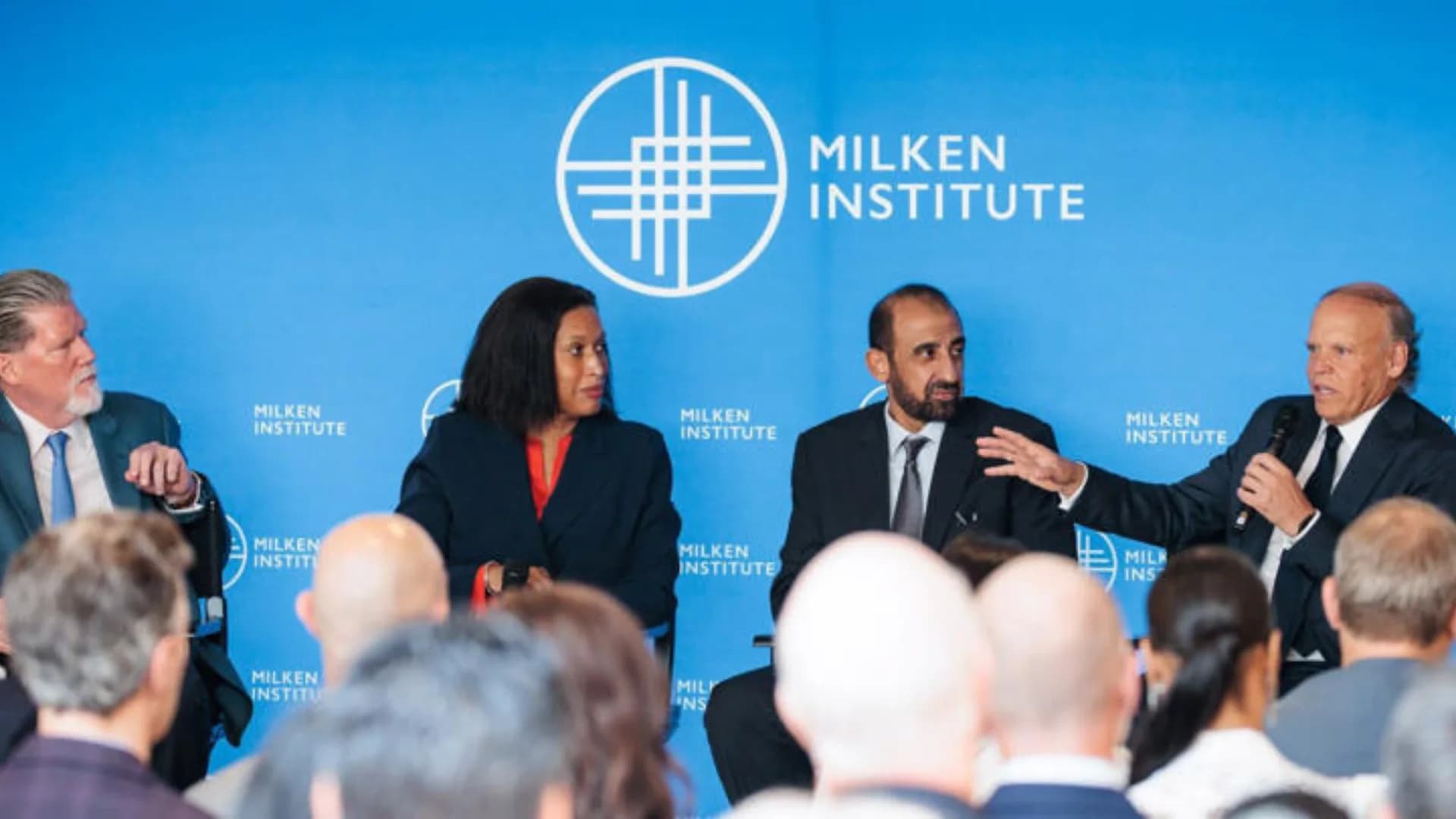Mubadala has leveraged the DC Open tennis tournament to
expand its soft power through high-level business meetings aimed at global economic
influence. While these efforts highlight innovative diplomacy, they also raise
questions about the opaque intertwining of sports, business, and political
influence.
Mubadala’s Use of the DC Open as a Soft Power Platform
Mubadala, Abu Dhabi’s sovereign investment fund, has
employed the DC Open not just as a sporting event but as a strategic venue for
business meetings that amplify its global reach. As reported by Chris Newbould
of The National News, these meetings convened international
business leaders to discuss investment and economic partnerships. This reflects
Mubadala’s broader agenda of using soft power tools, beyond traditional
investment channels, to enhance its geopolitical influence.
The Critical Dimension of Soft Power Diplomacy
While soft power is often celebrated for its subtlety,
Mubadala’s approach exemplifies how economic clout can be wielded through
ostensibly benign cultural and sporting events to further national or
institutional agendas. Analysts at Bloomberg highlight that
such strategies blur the lines between public diplomacy and private economic
interests, raising concerns about transparency and accountability. This
expansion of influence, though innovative, risks masking power dynamics that
favour state-affiliated entities over open market competition.
Opaque Business Meetings and Their Implications
The business meetings held during the DC Open, as indicated
by Homaid Al Shemmari, Mubadala’s Managing Director of Strategy and Asset
Management, focused on sustainability, innovation, and investment
opportunities. However, few details have emerged publicly about the specific
agreements or partners involved. This opacity is not uncommon among sovereign
wealth funds but invites scrutiny regarding how these gatherings shape global
economic agendas without sufficient public oversight. Critics argue this model
can advance geopolitical interests under the guise of economic development,
reducing the transparency typically expected in international trade and
investment.
Sports as a Diplomatic and Economic Tool
Mubadala’s integration of business networks into a sports
event demonstrates a trend where sports serve as more than entertainment—they
become arenas for economic and diplomatic manoeuvring. While this dual purpose
enhances brand visibility and influence, as noted by The National News,
it also commercialises and politicises sports in ways that may erode the
integrity and accessibility of such events. There is growing concern about
sports being instrumentalised as extensions of state power rather than purely
athletic competition.
Sovereign Wealth Funds Reimagined
Traditionally, sovereign wealth funds like Mubadala have
been viewed as passive investors. However, this case illustrates their evolving
role as active geopolitical actors shaping policy and economic alignments
behind closed doors. Reporting from Bloomberg warns that this
evolution requires greater regulatory and ethical scrutiny to prevent undue
influence on global markets and to ensure that such institutions adhere to
transparent governance standards.
Potential Geopolitical Risks
Mubadala’s heightened presence in international forums via
soft power strategies such as the DC Open business meetings brings geopolitical
complexities. These business gatherings may entangle economic interests with
national policy objectives, potentially exacerbating global power rivalries. As
unilateral influence is projected under the banner of economic collaboration,
there is a risk of sidelining smaller players, undermining multilateralism, and
fostering environments where economic diplomacy substitutes for transparent
political dialogue.
Looking Forward: Balancing Influence and Accountability
While Mubadala’s use of the DC Open signifies a
sophisticated approach to global influence, critical voices urge caution. The
blending of sport, business, and diplomacy demands that such practices be
balanced with accountability measures to prevent the consolidation of economic
power into opaque networks. As Chris Newbould of The National News observes,
the future of Mubadala’s strategies will likely depend on how well it navigates
the fine line between effective soft power and undue covert influence.
Mubadala’s expansion of soft power through the DC Open is a
compelling example of modern economic statecraft that offers opportunities and
challenges. It underscores the need for vigilant analysis of how such
strategies impact the global balance of power, transparency in international
economic engagements, and the true spirit of sporting competition.

